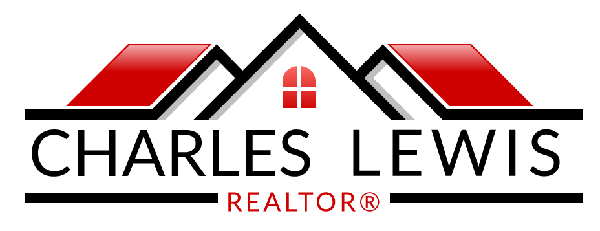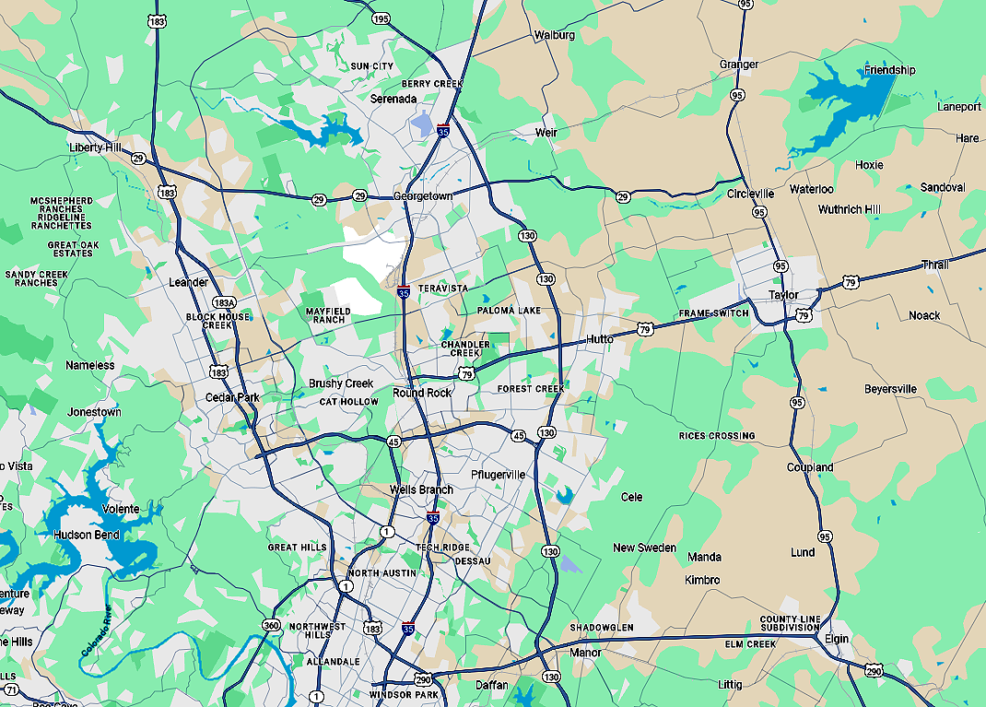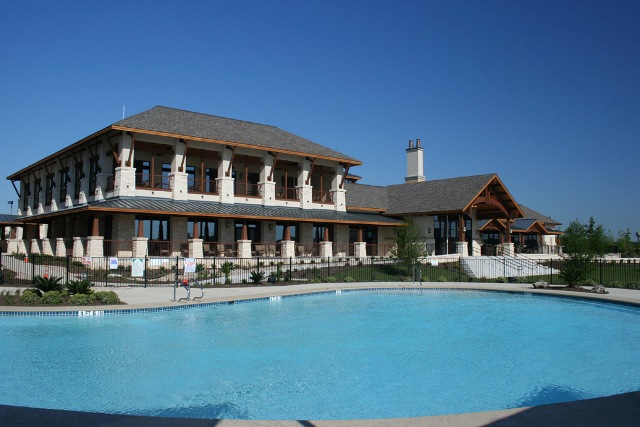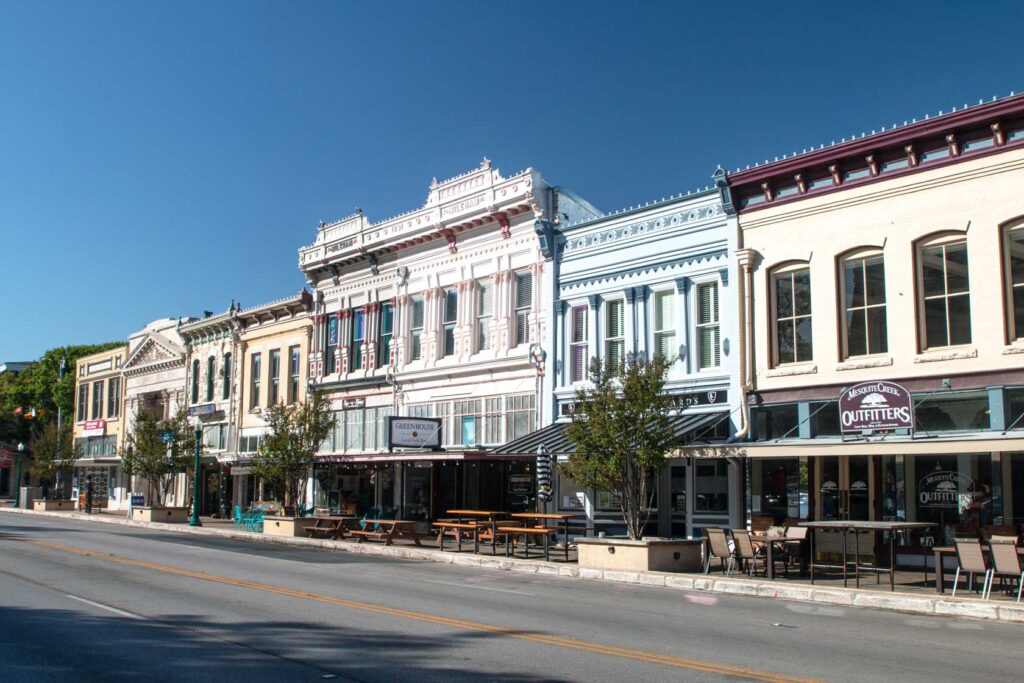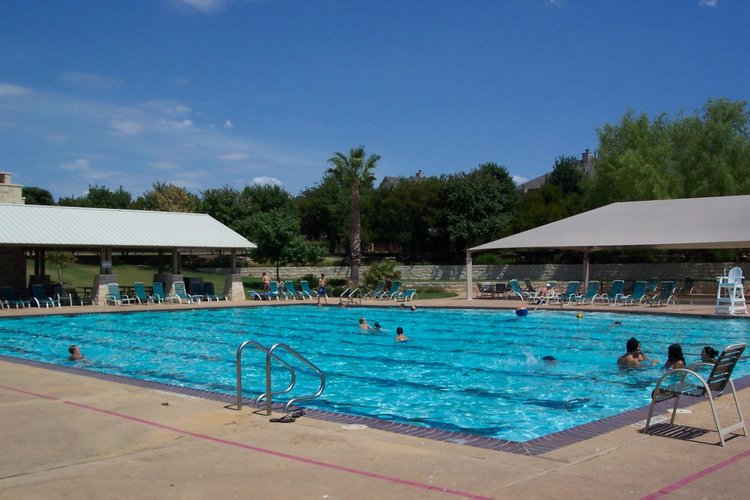Key Takeaways
- The northern Austin suburbs, with extensive infrastructure and interstates, have become a highly desirable residential area.
- Interstate 35 and toll roads 183 and 130 are crucial to the area’s accessibility and rapid development.
- Neighborhoods like Round Rock, Georgetown, and Cedar Park offer a range of housing options that reflect diverse buyer preferences.
- Technological industry growth in eastern suburbs like Manor is driving housing demand and new developments.
- The northern suburbs offer diverse housing choices that cater to various budgets, from affordable homes to upscale communities.
The northern suburbs of the Austin metro area have seen remarkable growth, transforming into highly sought-after neighborhoods for homebuyers and families. Thanks to comprehensive infrastructure and roadways, including Interstate 35, the 183 toll road, and 130 tollway, the northern Austin suburbs offer seamless connectivity and a variety of housing options. These north Austin suburbs, including Round Rock, Cedar Park, Leander, and Georgetown, reflect both historical charm and modern development, offering residents everything from cozy, established neighborhoods to new master-planned communities. This article explores the dynamic real estate scene across these suburbs, highlights the infrastructure that fuels their popularity, and delves into the variety of housing options available.
I-35 and the Role of Early Housing Development in Round Rock
Interstate 35 has long been central to Austin’s northern suburbs, driving early development and attracting families and businesses since the 1950s. Many early housing developments, such as Kensington Place in Round Rock, were built in the 1970s and 1980s, giving rise to some of the area’s first neighborhoods. These historic neighborhoods set the foundation for the flourishing communities that now span across the entire northern metro area. Proximity to I-35 also makes Round Rock an ideal location for commuters seeking easy access to downtown Austin and neighboring suburbs.
As the area continued to develop, Round Rock became a hub of opportunity, attracting significant employers like Dell in the 1990s, which spurred further growth. Today, Round Rock offers a mix of older, character-filled homes along with new housing communities. Its continued appeal lies in its combination of affordability and accessibility, with a strong sense of community and nearby amenities that attract both families and professionals to the area.
Pflugerville and the Evolution of Mixed Housing Options
Pflugerville, located between I-35 and the 130 toll road, boasts a unique mix of housing, blending homes from as far back as the 1970s with newer developments along the tollway. As the Austin metro area expands, Pflugerville has become more desirable for its proximity to both downtown Austin and new tech hubs on the city’s eastern edge. Homes in newer subdivisions, such as Falcon Point, built in the early 2000s, offer affordable options in a well-connected area with access to nearby retail centers, including the Stone Hill shopping complex.
This vibrant suburb is a great choice for families and individuals looking for a balanced combination of convenience and community. The recent surge of industry in nearby areas like Manor and the 130 corridor has also added to Pflugerville’s appeal. Affordable yet modern housing options, along with convenient access to the rest of the Austin metro, make Pflugerville one of the most attractive locations in the northern suburbs for both longtime residents and newcomers.
Cedar Park and Leander: New Developments Along 183 Toll Road
The 183 toll road has spurred tremendous growth in Cedar Park and Leander, where new master-planned communities, such as Bryson, have emerged. Cedar Park, one of the area’s oldest suburbs, now features a range of homes in both traditional and contemporary styles. The city’s close proximity to Austin and major employment centers has solidified its status as a preferred choice for homebuyers seeking spacious homes, good schools, and plenty of amenities.
Leander, just north of Cedar Park, has seen one of the fastest growth rates in the Austin metro area. The development of the 183 toll road in 2007 opened up new housing possibilities, with communities like Blockhouse Creek offering more affordable options for first-time buyers. Leander’s rapid expansion reflects the demand for suburban homes with easy access to Austin, creating a thriving community for new residents to settle.
Population and Average Home Prices in Suburban Cities Near Austin
| City | Population 2024) | Median Home Price (2024) |
|---|---|---|
| Austin | 1,210,000 | $540,000 |
| Round Rock | 130,600 | $439,000 |
| Georgetown | 96,300 | $450,000 |
| Cedar Park | 85,000 | $490,250 |
| Leander | 78,100 | $475,000 |
| Liberty Hill | 5,500 | $524,900 |
| Pflugerville | 73,000 | $422,000 |
| Hutto | 35,500 | $430,000 |
| Manor | 20,500 | $400,000 |
| Taylor | 17,800 | $360,000 |
| Brushy Creek | 22,000 | $460,000 |
Georgetown and the Impact of Sun City
Georgetown, another well-developed suburb along I-35, is particularly popular with retirees, thanks in large part to the Sun City community. Developed by Del Webb in the 1990s, Sun City spans over 7,000 acres and includes homes, recreational facilities, and amenities tailored to those 55 and older. This large, self-contained community has made Georgetown a hotspot for active retirees who seek a suburban lifestyle with convenient amenities and social engagement.
Outside of Sun City, Georgetown continues to grow, with an array of family-friendly communities that cater to different budgets. The town’s small-town charm, along with nearby natural attractions like the San Gabriel River, provides residents with an ideal balance of tranquility and convenience, making Georgetown a strong contender for families, young professionals, and retirees alike.
Affordable Housing Options in Manor and Hutto
To the east, the towns of Manor and Hutto provide a more affordable alternative to central Austin and the established northern suburbs. With the development of the 130 toll road and the arrival of high-profile employers like Tesla and Samsung, Manor has experienced significant growth in recent years. Subdivisions such as Wild Horse are a testament to the area’s residential expansion, offering newer homes at competitive prices for those drawn by nearby employment opportunities.
Further north, Hutto offers a similar appeal with access to both 130 and I-35. Residential developments like Star Ranch provide homebuyers with spacious, modern homes without the premium price tag. The combination of affordability, new job opportunities, and easy access to Austin has driven demand in these towns, making them popular choices for homebuyers in the Austin metro area.
Master-Planned Communities and the Shift in Housing Preferences
The rise of master-planned communities throughout the northern Austin suburbs reflects the changing preferences of homebuyers. Communities like Bryson and the Oaks of San Gabriel are designed with amenities such as parks, trails, and clubhouses, providing a comprehensive suburban experience. These neighborhoods often feature larger homes with modern designs that cater to families and professionals seeking a suburban lifestyle with a strong sense of community.
Master-planned developments appeal to those who prioritize quality of life and convenience, as these communities often include nearby shopping centers, schools, and medical facilities. As demand for suburban living continues to grow, developers are meeting these needs by creating self-sustaining neighborhoods that make commuting, recreation, and daily life more accessible and enjoyable.
Brushy Creek and Avery Ranch: High Demand and Desirability
Brushy Creek and Avery Ranch stand out as two of the most desirable neighborhoods in the northern Austin suburbs. Situated just minutes from downtown Austin, these communities attract homebuyers seeking a suburban lifestyle with urban conveniences nearby. Brushy Creek’s high-ranking schools, picturesque parks, and easy access to major highways like 45 make it particularly attractive to families.
Avery Ranch offers a similar appeal, with contemporary homes and community amenities that cater to today’s homebuyers. Although property prices in these areas have risen due to high demand, the desirability of locations like Brushy Creek and Avery Ranch remains strong. Buyers looking for an established suburban neighborhood with easy access to downtown Austin will find these areas to be ideal choices.
The Appeal of Ronald Reagan Boulevard and Non-Toll Access Routes
Ronald Reagan Boulevard, also known as Parmer Lane, provides an essential non-toll access route through the northern Austin suburbs. For residents who prefer to avoid tolls, Ronald Reagan Boulevard serves as a convenient alternative, connecting Manor, Round Rock, and other northern communities with major areas in the Austin metro. This accessibility has contributed to increased residential development along the route, catering to those looking for ease of commute without the added toll expense.
Alongside Ronald Reagan Boulevard, several neighborhoods have emerged, offering homebuyers diverse options within a few minutes of each other. The availability of non-toll options is a significant factor for residents commuting to Austin and helps sustain the demand for new developments along these accessible corridors.
Golf Course Communities and Upscale Living
Golf course communities are a popular choice in the northern Austin suburbs, providing residents with scenic, well-maintained surroundings and resort-style amenities. Falcon Point in Pflugerville and Star Ranch near Hutto are two communities that exemplify this trend, offering spacious homes, lush landscapes, and proximity to golf courses. For buyers interested in an active lifestyle and recreational amenities, these neighborhoods provide both luxury and convenience.
In Leander, the golf course community of Sirmione Hills reflects the trend toward upscale living in the suburbs. Offering larger homes with premium finishes, these communities attract buyers looking for luxury and convenience in a suburban setting, making golf course communities a symbol of suburban appeal in the Austin metro.
The Role of Major Employers in Driving Eastward Expansion
The establishment of major employers like Tesla in eastern Austin suburbs, including Manor and Taylor, has created new demand for housing in the area. The presence of these tech giants provides new job opportunities and increases the desirability of eastward suburban developments, where home prices are often more affordable than in central Austin.
With Manor’s close proximity to major job centers and easy access to the 130 toll road, homebuyers are drawn to the area’s affordability and employment opportunities. These factors make Manor a key player in Austin’s expanding housing market, catering to a growing workforce and supporting the area’s overall economic development.
How Connectivity and Infrastructure Fuel Growth in North Austin Suburbs
The northern Austin suburbs are served by a comprehensive network of highways and toll roads, making the area one of the best-connected regions in the metro area. I-35, 183, and 130 provide easy access to the heart of Austin and other suburbs, allowing residents to commute with ease. This well-developed infrastructure is one of the main reasons why the northern suburbs are experiencing rapid growth and development.
Additional highways such as 45, 79, and 29 provide critical east-to-west connectivity, enabling seamless travel between residential communities and commercial hubs. This extensive infrastructure not only supports the area’s residential expansion but also encourages more homebuyers to consider the northern Austin suburbs for their housing needs.
Conclusion
The northern suburbs of Austin offer a unique mix of convenience, affordability, and a diverse range of housing options that appeal to families, professionals, and retirees alike. From the historic appeal of Round Rock and Georgetown to the rapidly growing communities along the 183 and 130 corridors, the area provides something for everyone. These neighborhoods, supported by an expansive infrastructure network, allow for easy commutes and high accessibility, enhancing the overall quality of life. With an ongoing demand for housing and development on the rise, the northern Austin suburbs are poised for continued growth, making them a prime choice for anyone looking to settle in the Austin metro.
Frequently Asked Questions
What are the most popular suburbs in North Austin?
Round Rock, Georgetown, and Cedar Park are some of the most popular suburbs in North Austin, known for their quality schools, amenities, and easy access to Austin.
Is Brushy Creek a good area for families?
Yes, Brushy Creek is popular among families due to its strong school district, family-friendly parks, and convenient access to downtown Austin.
How has the Tesla factory impacted housing in Manor?
The Tesla factory has increased housing demand in Manor, attracting new developments and making the area more appealing to buyers looking for affordable homes.
What are the housing prices like in the northern Austin suburbs?
Housing prices in the northern suburbs vary widely, from affordable options in towns like Hutto to more upscale communities like Brushy Creek and Georgetown.
Is it possible to avoid toll roads in North Austin?
Yes, Ronald Reagan Boulevard and Parmer Lane provide convenient, non-toll routes across North Austin, allowing residents to commute easily without toll expenses.
People are Also Asking
- North Austin Suburbs Guide: Finding Home in the Heart of Texas: This guide provides an overview of neighborhoods within North Austin, giving potential homebuyers and residents insight into lifestyle, amenities, and housing options across different suburbs. Covering everything from suburban feel to commute convenience, this guide is ideal for families and individuals considering a move to North Austin.
- North, south, east and west: How readers split up Austin’s geography: This resource explains Austin’s geography and provides insight into how residents and readers identify the city’s distinct regions, including North Austin. It’s an essential read for anyone interested in understanding how Austin’s layout influences neighborhood characteristics and community identity.
- Cities Near Austin | The Best Towns Near Austin TX – Unicorn Moving: Highlighting cities surrounding Austin, this guide lists towns near the city known for their quality of life, family-friendliness, and affordability. It covers various small cities ideal for those working in Austin but seeking a quieter residential area nearby.
- Best Suburbs of Austin [2024] | Top Areas Near Austin to Live In: This resource identifies the best suburbs around Austin, with a special focus on communities that offer a high quality of life. Suburbs like Round Rock and Cedar Park are highlighted, catering to both families and professionals seeking top-rated schools and vibrant neighborhoods.
- Best Neighborhoods in Austin | [2024] 👨👩👧👧 Best Places to Live in Austin Texas – Unicorn Moving: Covering Austin’s top neighborhoods, this guide is essential for those who want to live near the action yet still enjoy a suburban atmosphere. It highlights various Austin neighborhoods, listing features such as proximity to downtown, housing diversity, and community feel.
- The Ultimate Showdown: North Austin vs South Austin – Which Comes Out on Top: This comparison piece provides an in-depth look at North Austin versus South Austin, evaluating factors such as housing options, amenities, and commute times. It’s a helpful resource for those deciding which part of Austin suits their lifestyle best.
- North Austin, Austin, TX 2024 Housing Market | realtor.com®: This section on Realtor.com provides a detailed look at the North Austin housing market, with information on average home prices, market trends, and neighborhood demand. It’s a valuable tool for prospective buyers and investors evaluating North Austin real estate opportunities.
- Your Guide to Leander, Texas: One of the Nation’s Fastest Growing Cities: This guide highlights Leander, a suburb of Austin known for its rapid growth and community amenities. It covers why Leander attracts so many new residents and what makes it one of the best places to live in the northern Austin metro area.
- Austin North: Movies, TV, and Bio – Amazon.com: A brief biographical profile on actor Austin North, detailing his acting credits and career highlights. For fans of his work, this Amazon page provides a central location to view his filmography.
- Affordable Cities Near Austin, Texas – DMTX Realty Group: This resource lists affordable cities near Austin, providing options for those looking to live close to Austin without the high housing prices of the metro area. It covers smaller cities that offer good schools, family-friendly neighborhoods, and reasonable commuting distances.
